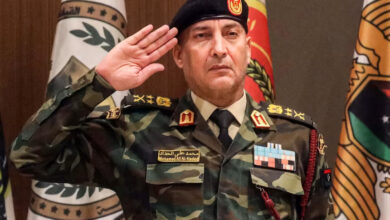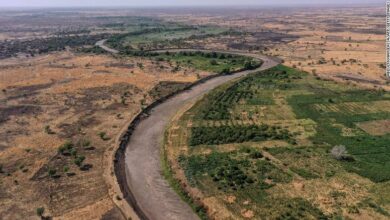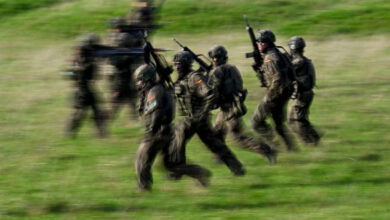Khartoum — At least 59 soldiers and militiamen were killed and dozens wounded on Thursday in clashes between the South Sudan army and local militia groups in three oil-producing states, the southern army (SPLA) said on Friday.
The petroleum ministry has said these and other recent clashes have not disrupted Sudanese oil production, most of it concentrated in the three states.
South Sudan is expected to declare independence in July after its people voted in January to secede from the north, in a referendum agreed as part of a peace deal to end decades of civil war.
The south, where most of Sudan's 500,000 bpd of oil is pumped, accuses Khartoum of arming southern militias to destabilize the region ahead of the split. Khartoum denies this.
The SPLA said on Friday that at least 69 soldiers from both sides were killed and dozens wounded in Thursday's clashes with militia groups in Unity and Upper Nile states.
Casualty estimates were not available from less violent clashes in Jonglei state, where French oil major Total is due to begin drilling for crude later this year.
"Civilians were aware of what was happening so they escaped the fighting," army spokesman Philip Aguer said.
North and South Sudan agreed on Thursday to resume talks on the mechanics of their impending separation — defining the border, oil sharing and the future of the disputed Abyei region.
George Athor, who left the SPLA saying the south's dominant party had rigged the April 2010 election, said all the militia leaders were under his command. "We are all coordinating," he told Reuters by satellite phone from the field.
Johnson Madeng, a militia spokesman in Unity state, told Reuters the SPLA had attacked his group without provocation and his men had fled to avoid harm to civilians.
The northern and southern economies both depend on crude oil exports, so they cannot afford to return to civil war. But some analysts fear local ethnic and tribal tensions, exploited by militia groups, could spark wider conflict if left to fester.




